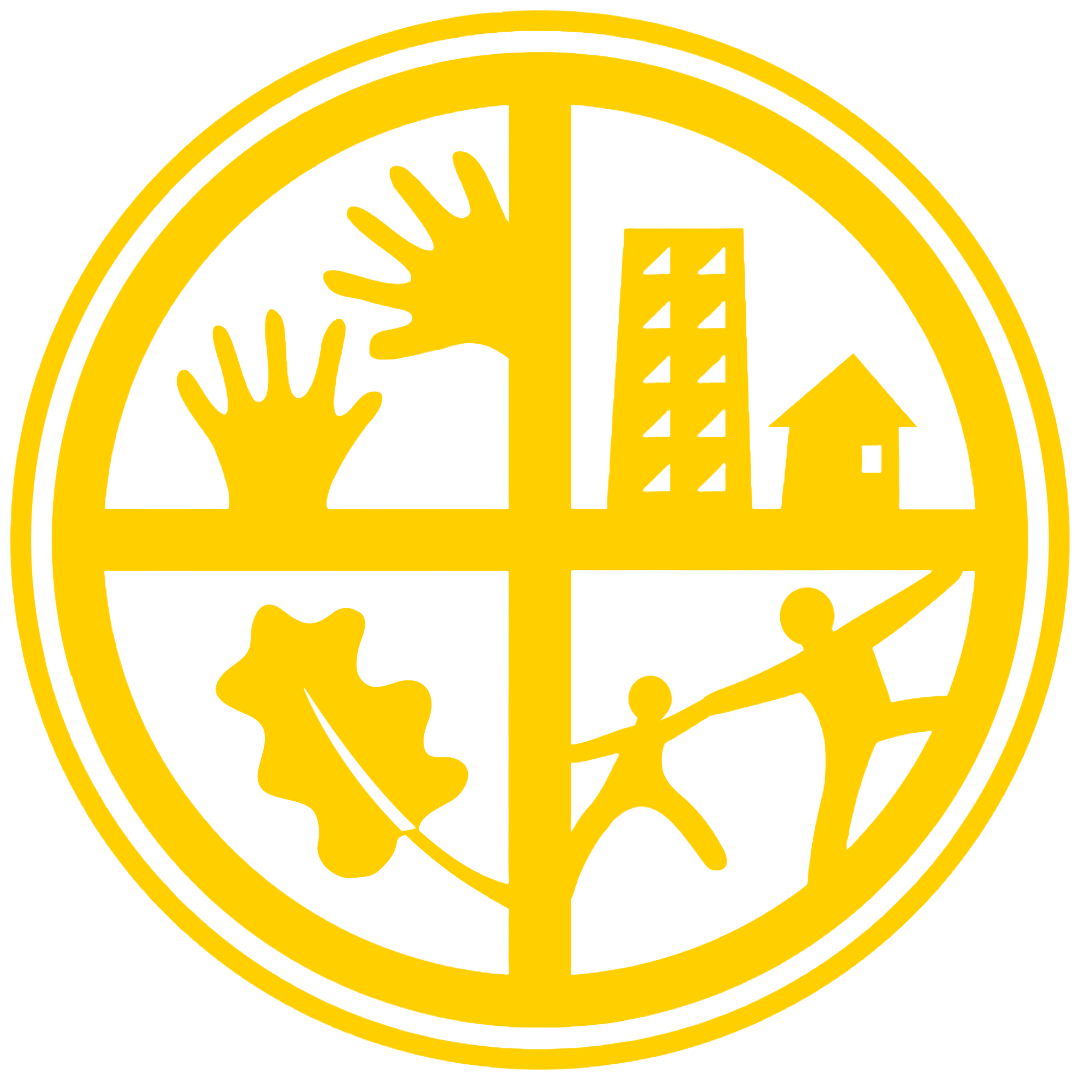November Connections from Dorrie
Dear Pacific Crest Parents,
What an exciting couple of weeks we’ve had, thanks to many parent volunteers and staff! Parents, teachers (and older students, too!) met together in conferences to reflect on children’s work and growth throughout the fall. Our gardens and lobby look great thanks to last Saturday’s Garden Work Party and Annual Fund team. Our Auction committee is also meeting weekly and will be reaching out to all those who’ve signed up to help. And two weekends ago we hosted two other important events that I’d like to recognize here: our first Parent Ed night and an extraordinarily productive meeting of the international Montessori community.
First, thank you for coming to our first All-Parent Ed night of the school year. Our speaker, David Kahn, explored how we enhance every child's zeal for learning by heeding the developmental needs that guide her as she grows, by building community with her and for her, and by bringing her into contact with the natural world.
• David reminded us of what it feels like to be engaged at our optimum level of challenge, to experience flow, and the satisfaction that engenders. It is this peak engagement that defines Montessori experience, at every level.
• He emphasized that in natural settings, the child encounters the detail within the whole: that something is always moving, breathing, and working within a system, ready to be discovered anew by each and every child.
• He concluded that when the child works and explores outside, on campus or at our farm, we allow her mind, body and spirit to thrive, and in so doing the child comes to know herself within the whole of nature.
After landing upon this grand goal, important questions were posed to David at the end of the night; two that called forth some absolutely key values of Pacific Crest school -- values that I want to underline here:
1. Does a Montessori education actively cultivate an inclusive community? Yes. Inclusion, belonging, and appreciation for diversity in our race, sexual preference, religion, gender, ethnicity and learning style is essential to Montessori philosophy, curricula, and our community. Montessori is rooted in one purpose: to nurture the true and whole development of all children so that they may discover their authentic selves and be connected and valuable to the world community. How we do this at each level was a topic of our first faculty meeting this year, and will be the subject of our next Crest Newsletter.
2. How does Montessori support life-long learning? Montessori inspires a drive for life-long learning in two ways: First, our teachers and assistants are unabashedly in love with learning! And secondly, learning through discovery is deeply satisfying. Our teachers are trained to design classrooms, learning materials, lessons and open work periods that allow your children to experience the delight and satisfaction that comes from self-paced intellectual discovery, understanding, and mastery. As one of our middle school students said to his mom after his first day of school, "You walk into that building, and you can just feel the possibilities!"
Finally, I must share with you the exciting news of what the national and international Montessori leaders accomplished at our school! That weekend meeting was a culmination of years of work on the Bold Goal project under the leadership of Executive Director of the Association Montessori Internationale, Lynne Lawrence, and managed by our own Kate Hastings. Montessori trainers, organizations and Heads of School came together this weekend to strengthen the number and quality of our Montessori programs across the nation. This will be possible thanks to fruitful working groups, an exchange of mutual support, and commitments to increased diversity and cultural competency in every area of our schools and leadership.
I must also pass on to you the gratitude that Lynne Lawrence and so many participants shared. They were grateful for the care with which our rooms were prepared for their visit (thank you parents, staff, and alumni volunteers!) and they were powerfully inspired by the presence of our children: elementary children created beautiful lesson inspired cards for the participants; the middle school artwork surrounded us; three middle school students played music during our lunch; and one Middle School student shared a poem that reveals a Primary child in her Montessori classroom and the promise for humanity that she builds within herself.
Amidst the generous and brave spirits of these children, the adults found their strength, drive and solutions to thorny, adult challenges so that we better serve the child. What a marvel!
Thank you, all!
Dorrie






